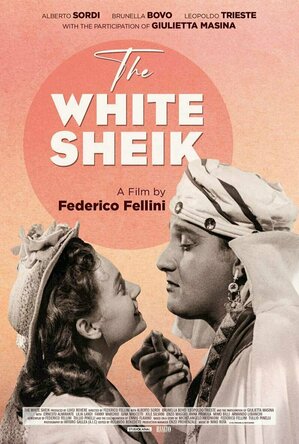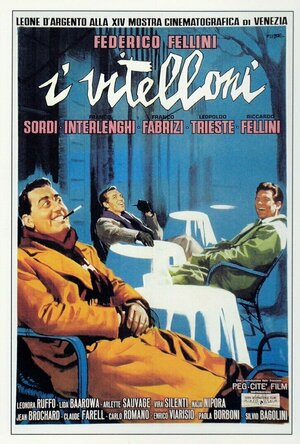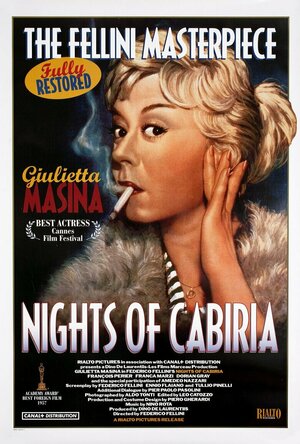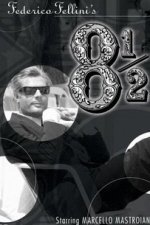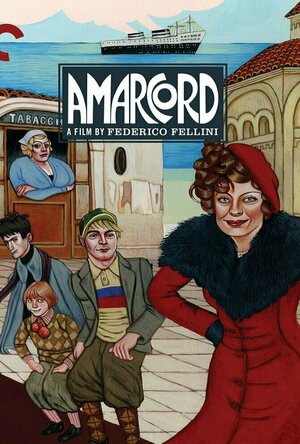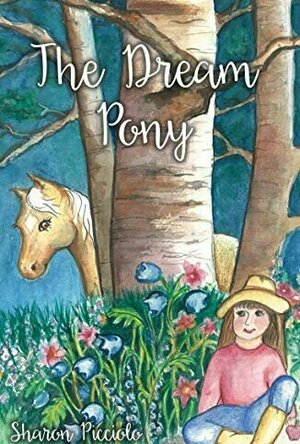Search
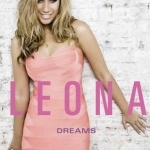
Leona Lewis: Dreams
Book
'Winning X Factor was amazing. I didn't even think I'd get through the first audition, so I just...
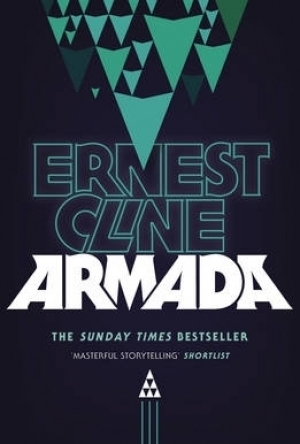
Armada
Book
This is the New Novel From The Bestselling Author Of Ready Player One. It's just another day of high...
Sci-Fi Video Games Aliens Military
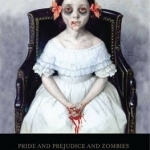
Dawn of the Dreadfuls
Jane Austen and Steve Hockensmith
Book
At the opening of the international bestseller "Pride and Prejudice and Zombies", Elizabeth Bennet...

Groupon Asia - Deals, Coupons & Shopping
Shopping and Lifestyle
App
Groupon delivers unbeatable deals for 50—90% off the best stuff to do, see, eat, and buy from...
Greg Mottola recommended The White Sheik (1952) in Movies (curated)
Greg Mottola recommended I Vitelloni (1953) in Movies (curated)
Greg Mottola recommended Nights of Cabiria (1957) in Movies (curated)
Greg Mottola recommended 8 1/2 (1963) in Movies (curated)
Greg Mottola recommended Amarcord (1973) in Movies (curated)
Night Reader Reviews (683 KP) rated The Dream Pony in Books
Jan 9, 2020
The Dream Pony by Shanon Picciolo is a great bedtime story. It does not have too much action in it and has a nice, calming feel to it.
A young girl by the name of Emilie is outside daydreaming when she thinks she hears hoofbeats. She sits very quietly and soon a pony approaches her. Once she gains the ponys trust she climbs on its back and they go for a ride together.
The pony takes her to a beautiful stream, a faraway valley, and even way up on top of a mountain. Together they play with deer and run with timberwolves. Finally, when it gets dark the pony takes Emilie back home so she can go to bed and dream about a pony in the woods.
What I liked best is that the book takes readers through multiple different areas of the forest and mountains on horseback. Many children dream of having or at least riding a horse one day and Dream Pony takes them on that wonderful journey. What I did not like was that there is one page that is twice as long as the others. Some children with shorter attention spans may have issues with this page as it changes the pace of the story. Parents should be aware of this and ready to help if a child is trying to read it on their own.
Young children will enjoy having this book read to them. Also, children who are starting to read on their own may find this book enjoyable, though they may need help with some of the words. I give this book a rating of 4 out of 4. Other than the one page being longer than necessary there is nothing negative to say about this book. With the book even ending with the words Good Night this book gives children something great to imagine right before bed and encourages good dreams.
https://nightreaderreviews.blogspot.com
A young girl by the name of Emilie is outside daydreaming when she thinks she hears hoofbeats. She sits very quietly and soon a pony approaches her. Once she gains the ponys trust she climbs on its back and they go for a ride together.
The pony takes her to a beautiful stream, a faraway valley, and even way up on top of a mountain. Together they play with deer and run with timberwolves. Finally, when it gets dark the pony takes Emilie back home so she can go to bed and dream about a pony in the woods.
What I liked best is that the book takes readers through multiple different areas of the forest and mountains on horseback. Many children dream of having or at least riding a horse one day and Dream Pony takes them on that wonderful journey. What I did not like was that there is one page that is twice as long as the others. Some children with shorter attention spans may have issues with this page as it changes the pace of the story. Parents should be aware of this and ready to help if a child is trying to read it on their own.
Young children will enjoy having this book read to them. Also, children who are starting to read on their own may find this book enjoyable, though they may need help with some of the words. I give this book a rating of 4 out of 4. Other than the one page being longer than necessary there is nothing negative to say about this book. With the book even ending with the words Good Night this book gives children something great to imagine right before bed and encourages good dreams.
https://nightreaderreviews.blogspot.com
